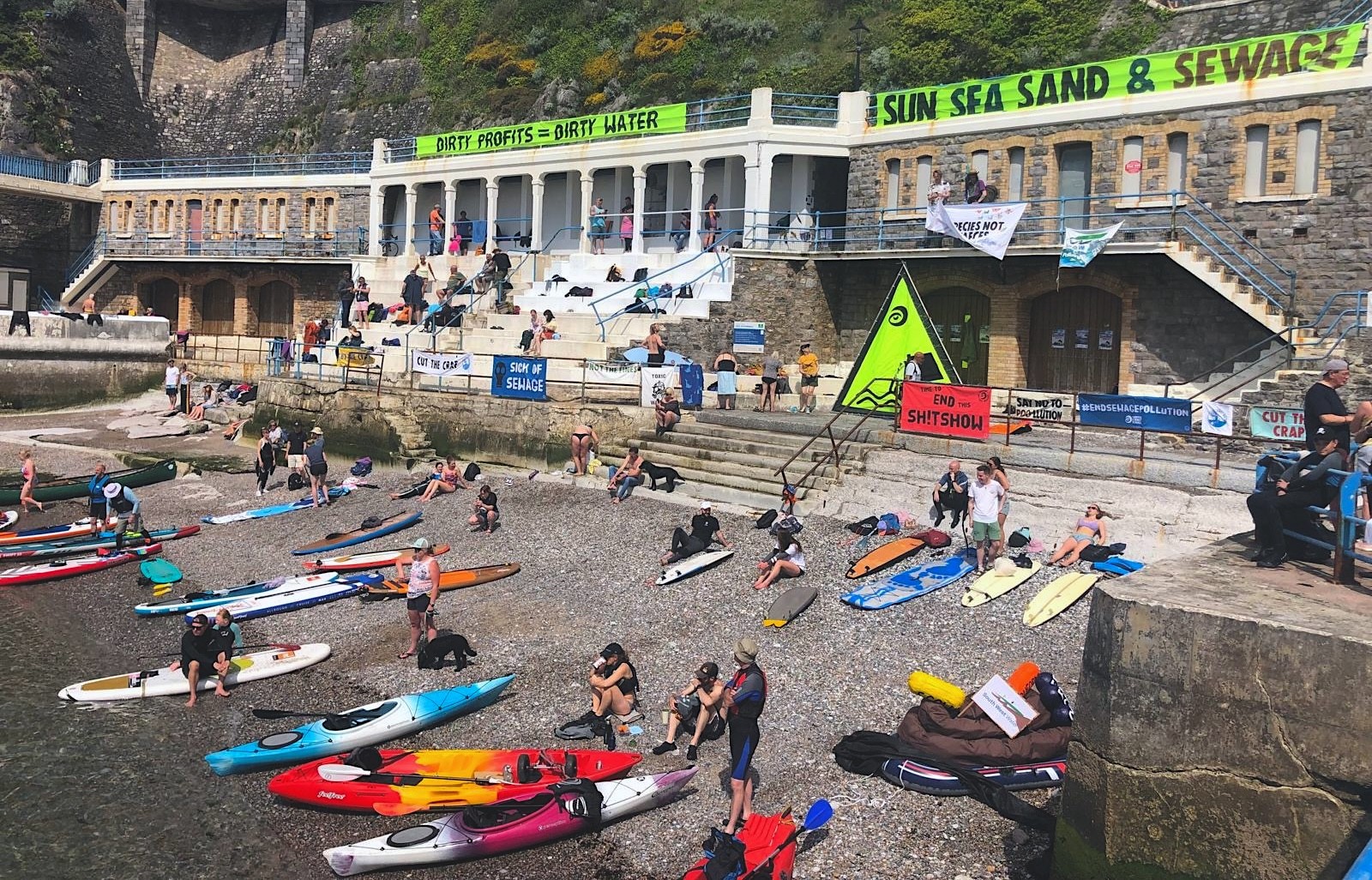Social Justice
Global South bares the brunt
Global Justice and climate justice are inherently linked as climate change devastates countries around the world but particularly in the global south. These countries have fewer resources for dealing with climate catastrophe and often have much more harsh punishments for climate activism.
The water pollution crisis fuels injustice, where poorer communities, especially in the Global South, are tasked with the polluting production of consumer goods destined for richer communities like the UK.
Marginalised groups and people already struggling with poverty and inequality will be the first to feel the effects of the climate and ecological emergency.
The climate crisis is at least in part due to the current and historic oppression and exploitation of those most impoverished and vulnerable in our communities and around the world.
As the effects of the climate and ecological emergency worsen, resources such as water, but also money, food, healthcareand housing will become scarce. This will affect everybody but none more so than vulnerable groups such as: Low-income countries & households, people of colour, indigenous people, women, trans people, young people and disabled people. It is important that we stand together in solidarity against all injustice if we hope to tackle this crisis.
There is a whole book dedicated to Global Justice in our Rebel Toolkit, and also a separate Social Justice Action Pack with more resources.
We also invite you to take action specifically in August 2024 for a month of solidarity and direct action as part of the 2024 Actions Strategy. Though the battle doesn’t end there, these actions can be taken at any point by anyone.
Closer to home
Our lives depend on water and so does the world around us. Water is so fundamental to our daily lives that it is considered a basic human right, with the provision of safe, sufficient and affordable water directly linked to the health, dignity and prosperity of communities across the world.
Due to poorly designed waste water infrastructure, the UK has struggled for decades with sewage pollution to rivers and seas including many bathing sites.
Although the scourge of sewage pollution is spread evenly across the UK, one in 16 households here live in water poverty, where the cost of water makes up more than 5% of their income.income (data source). We all rely on water, but not all of us can afford to pay for it.[^1]
[^1]: test
In
EnglandEngland, water services are run by privately owned water companies the failure of privatised water allowed so-called investors to hollow out public service companies (aka 'gearing') to return profits for themselves, while leaving the water infrastructure they inherited to rot.- The upcoming rise in water bills, which will be well above inflation and for a service we all depend on, is a scandal which only perpetuates the extortion racket that is privatised water.
- If the cost to fix our crumbling water infrastructure is carried by the public, rather than by their private owners, then water companies must be forced to stop paying out dividends. In England approximately 20% of every water bill is used to pay dividends and interest on loans.
https://www.ccw.org.uk/app/uploads/2024/03/CCW-review-of-water-companies-business-plans-2025-30.pdf


